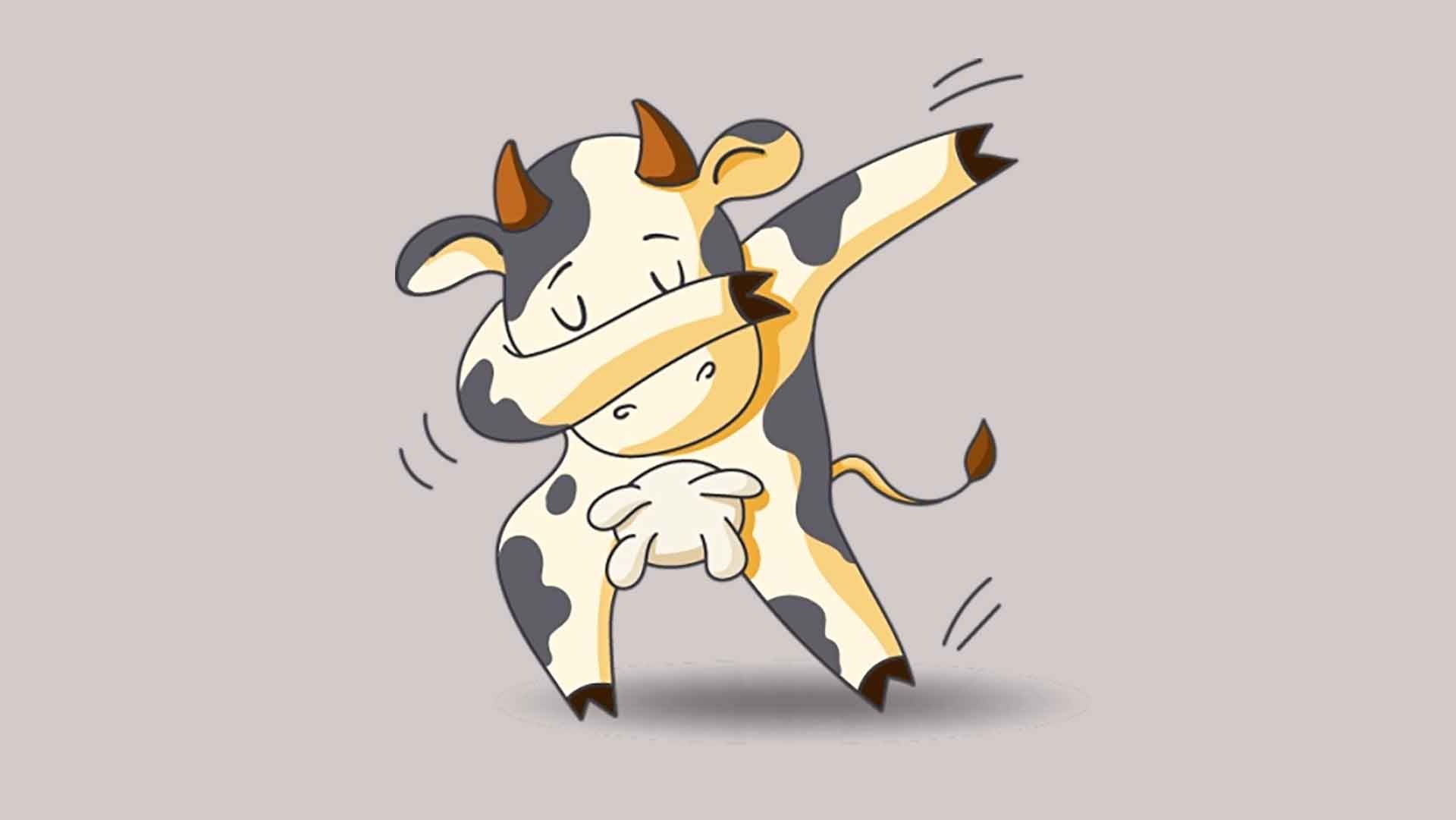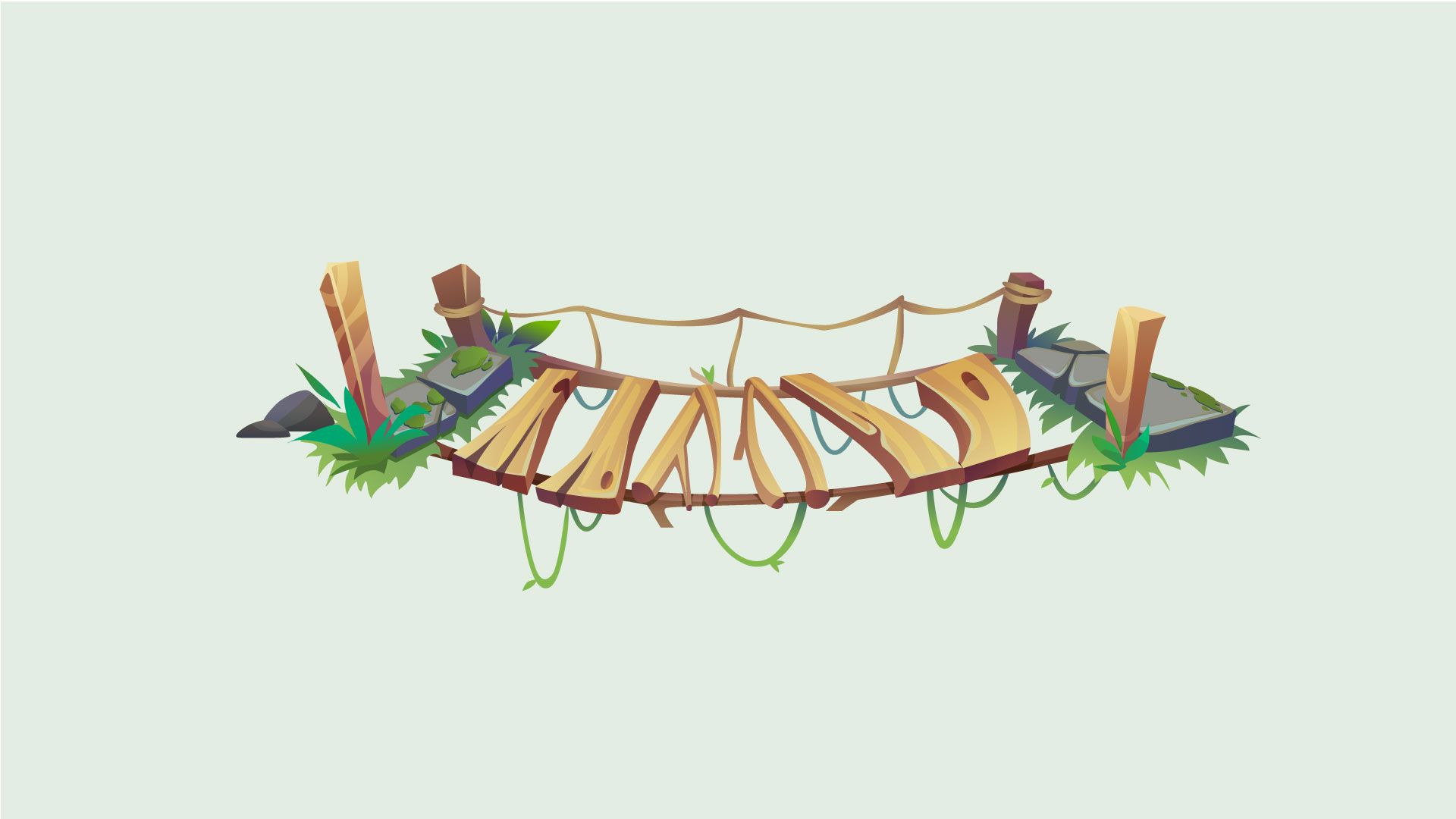Sh**s and Giggles: Time to think, reflect and laugh

At the time of writing, it’s exactly 53 sleeps till Christmas. Now, I’m not telling you this to bring about a raging panic, leading to a trolley dash around Aldi’s middle aisle looking for stocking fillers; besides, National Stress Awareness Day was last week.
No, I’m telling you because this particular yuletide epiphany came to me whilst I was partaking in the daily ritual of toileting. Now, for fear that you might be reading this while having your Crunchy Nuts, let’s not dwell on the details. But suffice it to say; I realised that I do a lot of my best thinking when I am squirrelled away on my own, surrounded by nothing but peace and quiet and my own brain farts. Think car, shower, in bed etc.
I also love a bit of synchronicity, and so I was thrilled to discover that the 19th of November is, in fact, World Toilet Day - I know, I know, this stuff writes itself. World Toilet Day is when you can metaphorically drop the kids off at the pool and raise awareness of a toilet user's right to a better toilet environment - who knew?
Even the Romans worshipped the toilet god. Crepitus was implored for benediction in case of flatulence, constipation or any other digestion disorder. You can thank me later for this ad-hoc history lesson.
As a Lead Happiness Consultant, I spend an awful lot of time talking and thinking about thinking, and the more I do it, the more I think we don’t think enough about thinking. Try saying that after a couple of gins at the Christmas party!
What I’m talking about here is thinking in all its glory - of which there are seven most common types:
- Abstract thinking
- Analytical thinking
- Concrete thinking
- Creative thinking
- Critical thinking
- Convergent thinking
- Divergent thinking
(Feel free to add in any of your own or Google the ones you’re not sure about)
What gets in the way?
There’s also metacognition, which is thinking about thinking. According to Edward de Bono, a pre-eminent thinker in his own right, three things get in the way of thinking.
- Emotion – sometimes we get stubborn in our thinking, and it’s reactive; how many times have you been in a conversation and know that you are wrong, but you don’t want to give the other party the satisfaction of being right?
- Confusion – a good example of this is when you go to the supermarket for milk and come out with 25 items in your basket but no milk (such were the bargains on offer in that bloody middle aisle)
- Helplessness – sometimes, we just don’t know how to start thinking about thinking; it feels too big and overwhelming, so we just put it off or don’t engage in it.
With your precious time in mind, it’s time to highlight the benefits of thinking - regardless of your job title, role, or responsibilities. Below is a list of the benefits (especially of positive thoughts), plus some juicy questions to cogitate, percolate, and ruminate over.
The positives of thinking positive are:
- Cortisol decreases, and the brain produces serotonin, which creates the feeling of well-being
- Increased life span
- Lower blood pressure
- Lower rates of depression
- Lower levels of distress and pain
- Greater resistance to illnesses
- Better psychological and physical well-being
- Better cardiovascular health and reduced risk of death from cardiovascular disease and stroke
- Better coping skills during times of stress and hardship
- Consistent attitude with fewer mood swings
- More creative thinking
Three things you can do to improve your thinking
Sense check.
In his book ‘Order Out of Chaos’, Scott Walker talks about the power of checking in on yourself regularly. How am I feeling? What am I thinking? Is it helpful, and if not, what can I do to change it? The way we think and feel has a massive impact on what we do and will, in turn, have an impact on every interaction we have during our day.
Stay playful and look for the humour.
Arthur Koestler, author of ‘The Act of Creation’, says that “humour allows humans to do what they do best; it allows them to think.” So be curious, pay attention to your surroundings and what people say. Ask lots of questions, and remember a smile can have a significant role in changing your thought patterns because it downloads dopamine, oxytocin, serotonin and endorphins, which make us feel, think and do good.
Plus, looking at life through the lens of humour can enable us to develop resilience and re-frame difficult, challenging and painful times into something we can manage more effectively.
Create space and time – I know I started this by mentioning the toilet, but creating time to collect, check, change or enjoy your thoughts is important if you want to become more aware of your cognition and/or change it.
So, before I finally hit the flush and give it a few minutes, here are eight wonderous wonderings designed to get you thinking in ways you may not have before. Feel free to bring these up with family, friends or colleagues. They’re called Thought Grenades and are questions to make your head go boom!
- Have you already experienced the present?
- If every experience was from a catalogue, which would you keep, which would be returned, and which ones are you still paying for now?
- What’s your favourite finger?
- If your insides were outside, would you be healthier?
- Which would be best, making all your decisions with your head or heart?
- What’s your Kryptonite?
- If your life up to now was one long interview, would you get the job?
- If you could think yourself fit, how fit would you be?
You can find out more about thinking skills in our Amazing Brain workshop, or if you'd like some support for your team to improve their thinking skills, contact our Doug -
As well as appearing in programmes such as Downton, Eastenders and Corrie, Dave Keeling is a stand-up comedian and has been a Laughologist since 2008. He’s one of our most sought-after facilitators, as his dynamic, fast-paced, quick-witted delivery is something to behold! He’s worked with students of all ages, as well as teachers, parents and leadership teams.
More














